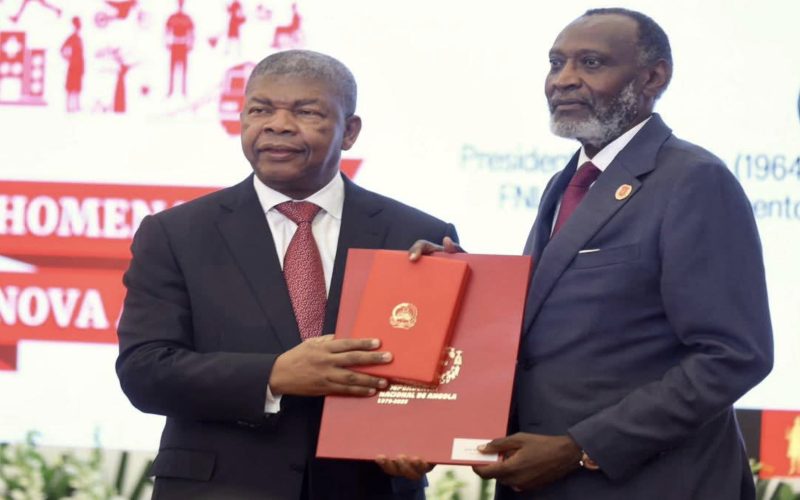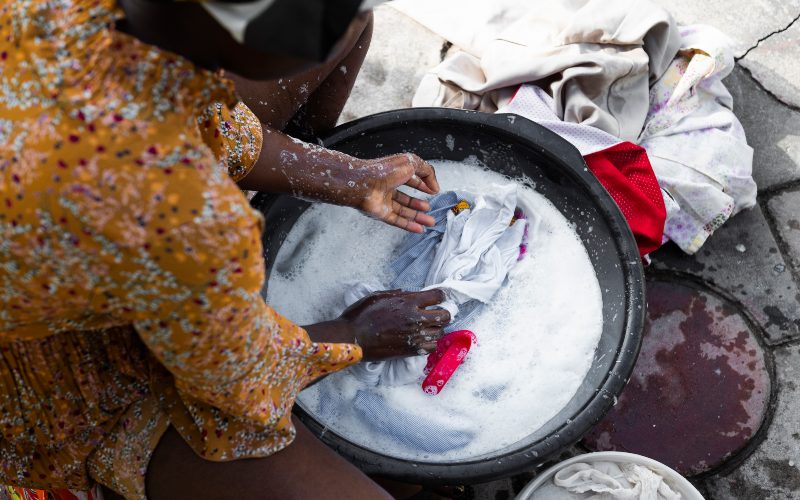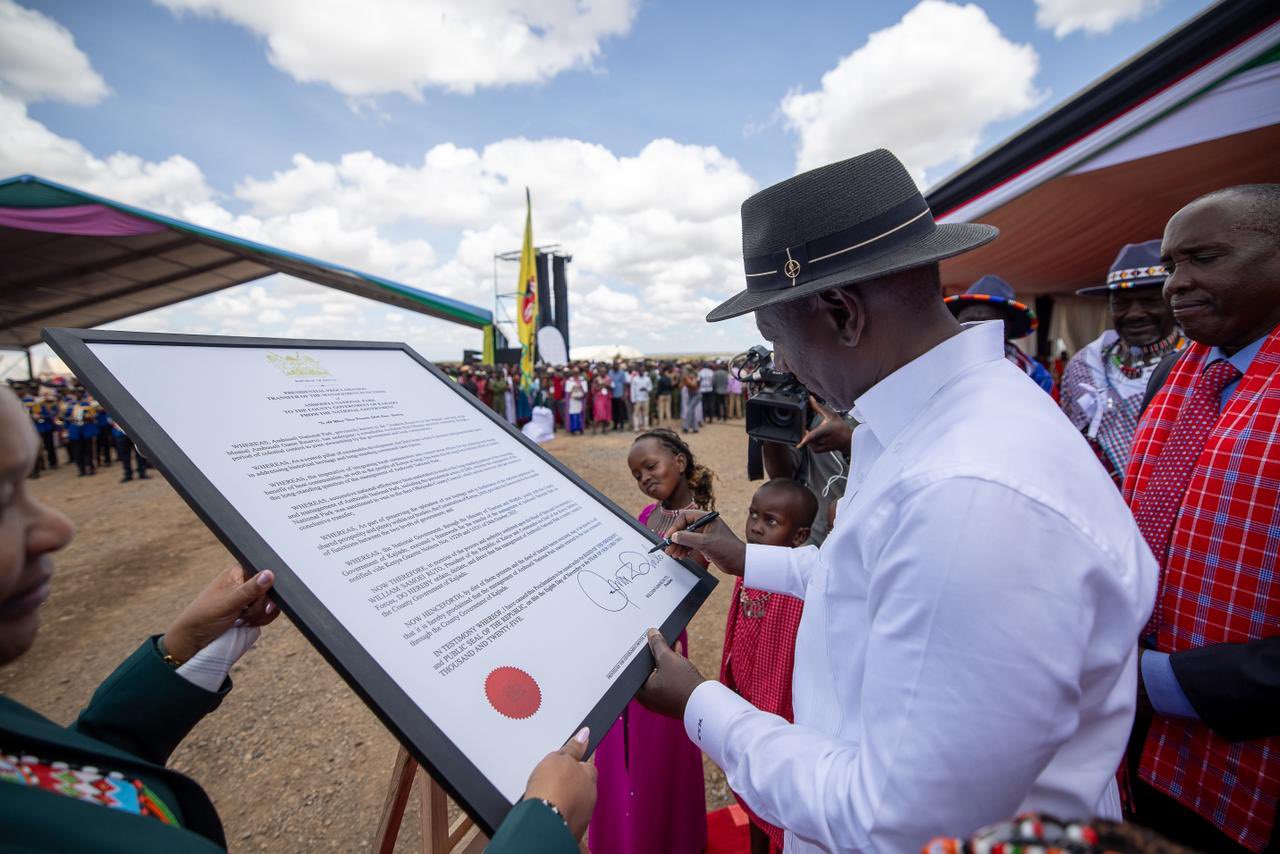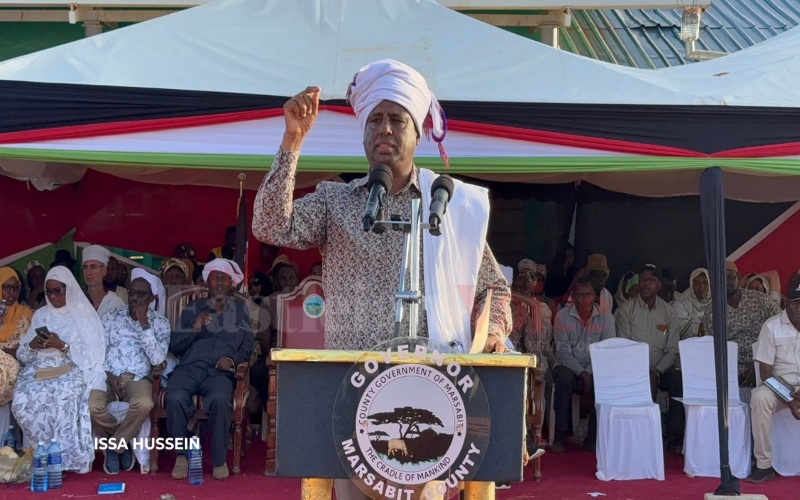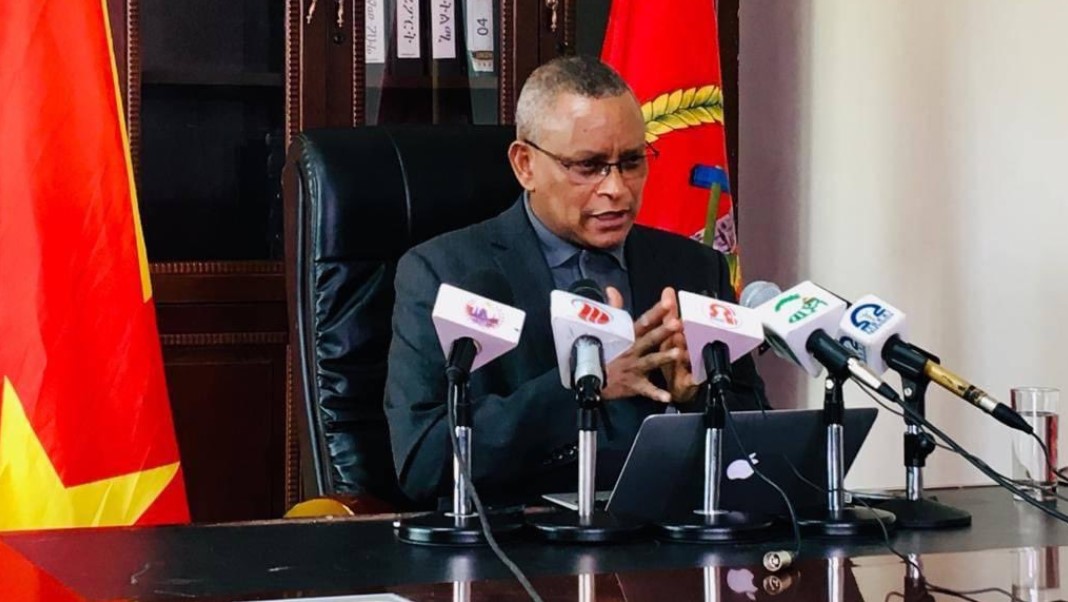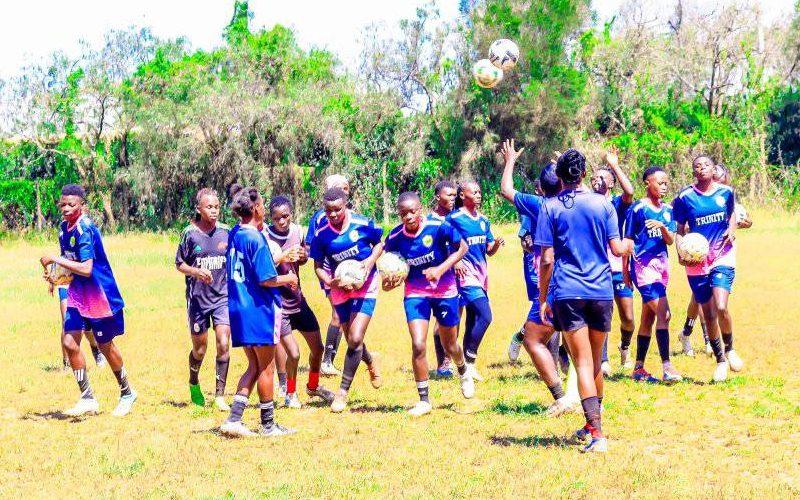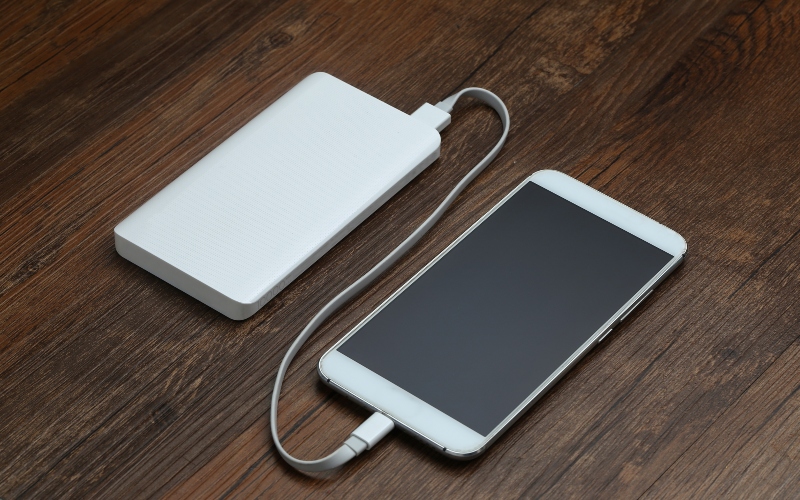JSS teachers warn lack of facilities undermining student preparedness for senior school
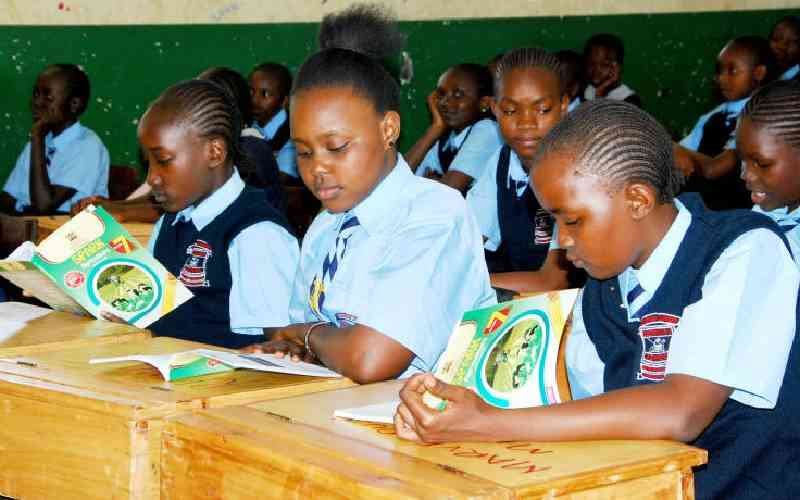
Teachers’ unions and Junior Secondary School (JSS) tutors are intensifying calls for the government to grant JSS full autonomy, separate from both primary and senior secondary institutions.
Kenya’s Junior Secondary School (JSS) teachers have raised concerns that a shortage of laboratories, workshops, computer labs, and libraries is making it difficult to adequately prepare students for the three senior school pathways.
Speaking in an interview, Omari Omari, National Spokesperson for the Kenya Junior School Teachers Association (KEJUSTA), sounded the alarm over the challenges facing JSS teachers. He said that while educators are eager to prepare students for senior school, the glaring lack of facilities is holding them back.
More To Read
- John Okoth Ogutu’s killing in Tanzania exposes grim reality for jobless Kenyan teachers
- KUPPET calls for urgent evacuation of 150 Kenyan teacher trainees stranded in Tanzania
- No more certificates for Grades 6 and 9 learners under new education policy
- Junior secondary teachers challenge move to place them under primary school heads
- KCSE to start November 2 as Education Ministry unveils 2026 academic calendar
- Litein High School teachers demand transfer over safety fears, mistreatment
“We are supposed to come in, get laboratories, workshops, computer labs, and libraries so that we prepare our students properly. Unfortunately, we have no facilities or not enough facilities to be able to do that,” Omari said, stressing that the situation is frustrating for both teachers and learners alike.
Omari highlighted that most JSS teachers entered the profession as interns and have since formed KEJUSTA to advocate for teachers’ rights, professional development, and improved working conditions. The association continues to push for policies and resources that directly impact teaching quality and student outcomes.
He explained that the shortage of facilities limits students’ exposure to practical experiments, technology, and hands-on learning, which are essential for the three senior school pathways: academic, technical, and vocational. Without laboratories, workshops, and computer labs, students are unable to develop critical practical skills, leaving them underprepared for the next level of education.
Teachers’ unions and Junior Secondary School (JSS) tutors are intensifying calls for the government to grant JSS full autonomy, separate from both primary and senior secondary institutions.
The Kenya Union of Post-Primary Education Teachers (Kuppet), together with JSS tutors across the country, is demanding the establishment of a distinct administrative framework for JSS, independent of the primary schools where the new learning level is currently housed.
They argued that the government’s decision to domicile JSS within primary schools has created widespread confusion, particularly in areas such as school administration, sports, and co-curricular activities.
They emphasised that full autonomy would allow for stronger curricular and co-curricular programs tailored to the specific needs of JSS students, enhancing both learning outcomes and overall student development.
Education Stakeholders Association of Kenya (ESAK) National Secretary Ndung'u Wangenye has, however, underscored that the decision to place Grades 7, 8, and 9 within existing primary schools was grounded in wide public consultations conducted in 2022 under the Presidential Working Party on Education Reforms (PWPER).
"During the nationwide consultations, parents agreed that children aged between 11 and 14 years are still young and require close parental supervision. That is why the recommendation was adopted in the PWPER report," Wangenye explained.
He warned that moving learners to separate institutions could expose them to greater risks, pointing to recent unrest in some secondary schools as an example.
Top Stories Today

